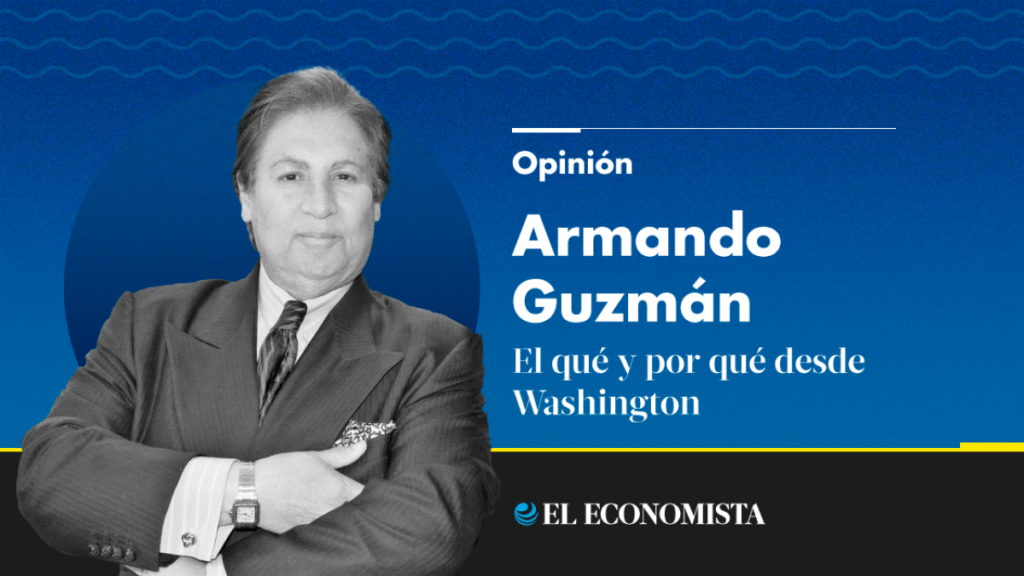A Tale of Political Divisions and the OEA’s Role
In Washington, D.C., political gatherings have become increasingly rare due to heightened tensions surrounding President Trump’s presidency. At a recent dinner, the host, a seasoned television journalist, set a rule to maintain peace: “You can talk about anything,” she declared, “except the presidency of Trump.” This anecdote encapsulates the current political climate, where passions run high and open discussions about Latin America have become increasingly relevant.
The Rise of Authoritarianism in Latin America
There’s deep concern over Nayib Bukele’s intentions in El Salvador to extend his power. While left-leaning authoritarians like Hugo Chávez in Venezuela have previously sought indefinite re-election, Bukele, a right-wing president associated with law and order, is now pursuing similar goals. This shift reflects a broader trend of democratic setbacks across Latin America, driven by factors such as Southwestern nations’ trade shift towards China and Central America’s economic dependence on the United States.
The Threat of US Withdrawal from the OEA
In this context, the idea of a resurgent ibero-American platform seems distant, especially with President Trump’s threat to withdraw the United States from the Organization of American States (OEA). During the OEA’s 55th General Assembly in June, US Undersecretary of State Christopher Landau warned that the US was reviewing its membership in all international organizations, including the OEA. He stressed that the US would continue financial support only if the organization proved relevant to its national interests.
Why Quitting the OEA is a Bad Idea
Now is not the time for the US to disengage from Latin America and the Caribbean, a region teeming with populist leaders prone to dismantling institutions in the name of the people, only to replace them with self-monuments. Ironically, historical adversaries of Washington like Cuba, Nicaragua, and Venezuela, who have long criticized the OEA as a “colonial tool,” likely never anticipated that the organization’s demise might originate from the US itself.
The OEA: Imperfect but Valuable
The Trump administration’s antipathy towards multilateralism is unsurprising. Since February 2018, when the President signed an executive order to review all international treaties and organizations with the intent to withdraw funding or membership from those deemed anti-US, the US has already exited the World Health Organization (WHO) and UNESCO. If Trump were to withdraw from the OEA, citing its inability to act decisively during crises like those in Haiti or Venezuela, he would have a point. The OEA, often derided as “Another American Deception,” is an imperfect organization operating under a 1948 charter prioritizing consensus and lacking the enforcement mechanisms of the UN or NATO.
The True Value of the OEA
Leaving the OEA today would create more problems than solutions. Issues like mass migration, transnational crime, and digital misinformation necessitate increased cooperation, not less. If the US loses its voice in an organization that legitimizes regional governments, it would only facilitate China’s takeover of Latin America. Once the Chinese establish a strong foothold, it will be challenging to evict them.
The OEA’s Achievements
- Since 1979, the OEA has documented and condemned human rights violations under South American dictatorships.
- The OEA’s support was crucial for transitional justice initiatives in El Salvador, Guatemala, and Peru.
- Through the Inter-American Commission on Human Rights (CIDH), the OEA has actively monitored democratic backsliding in Nicaragua, Venezuela, and more recently, in El Salvador and Guatemala. In 2024 alone, the CIDH processed over 2,000 petitions and issued 43 protective measures for journalists, activists, and dissidents.
- The OEA’s Electoral Observation Missions have supervised over 300 elections since 1962, setting a global standard.
Most importantly, the OEA, through its Inter-American Democratic Charter, has built containment walls to prevent coups from becoming a common practice in the continent.
A Case for Opposing US Withdrawal from the OEA
Once upon a time, I would have laughed at the idea of defending the OEA in my own column. However, I now recognize the genuine risk of losing a democratic instrument, however flawed, that remains immensely valuable. I don’t want to see the OEA building on Constitution Avenue, 17th Street, in Washington D.C., become a useless, closed structure—a stark reminder that one doesn’t appreciate what they have until it’s gone.






